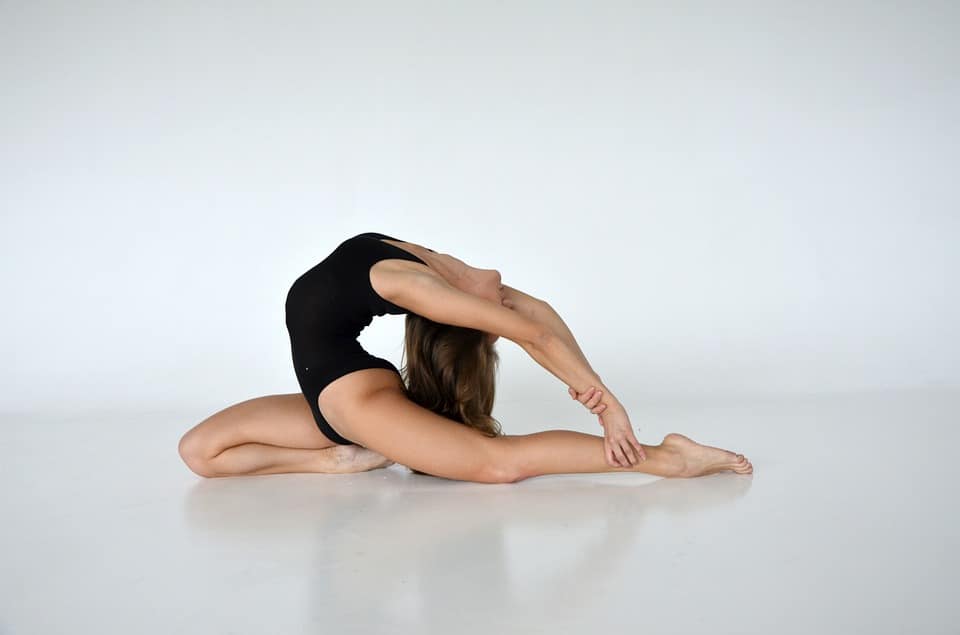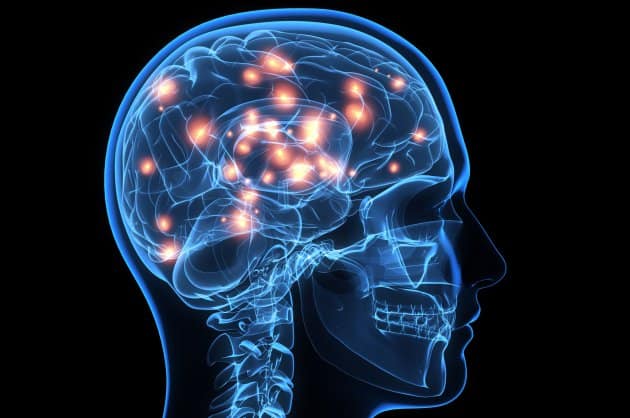Table of Contents

The benefits of exercise are countless, from lowering your risk of major diseases to keeping both mind and body fit. The best thing about it? It’s free and doesn’t make age or fitness level discriminations.
Most people hit the gym to build up muscle mass and lose weight. But there’s more to exercise than getting that summer body. Studies conducted by researchers have shown that the benefits of exercising go beyond common knowledge. It provides an abundance of mental benefits. Yet, with all the proof available, it is still neglected, and our health is suffering as a consequence. Physical activity leads to a happy, healthier life. But don’t take our word for it. It’s science!
*This post may contain affiliate links. As an Amazon Associate we earn from qualifying purchases.
Statistical Benefits of Exercise

Here are just a few figures that demonstrate how physical activity helps one’s health. Exercising:
- Lowers the risk of osteoarthritis by 83 percent
- Lowers the risk of hip fracture by 68 percent
- Lowers the risk of colon cancer by 50 percent
- Lowers the risk of type 2 diabetes by 50 percent
- Lowers the risk of a coronary heart disease (CHD) and stroke by 35 percent
- Lowers the risk of depression by 30 percent
- Lowers the risk of falls by 30 percent
- Lowers the risk of dementia by 30 percent
- Lowers the risk of early death by 30 percent
- Lowers the risk of breast cancer by 20 percent
What Can Be Gained from Being Physically Active?
1. A Boost of Endorphins
If you want to release those happy chemicals, be prepared to sweat a little. Exercise releases endorphins. Those are the chemicals that create feelings of euphoria and happiness. This being said, exercising is an excellent treatment for depression. Doctors recommend that people suffering from depression, anxiety, and sense of sadness to hit the gym. In some cases, daily exercise works just as well as antidepressant pills. It’s the safest, most natural way you can treat yourself.
2. Reduction of stress
For people who work demanding jobs, regular exercise should be a must. If you feel overwhelmed or on the edge of a mental breakdown, change your priorities. One of the most popular health benefits of exercise is stress relief. Physical activities increase the level of norepinephrine, a chemical that moderates your brain’s response to stress.
3. Weight Control

With all the emphasis on looks in today’s society, it’s no wonder most people turn to diets to stay fit or lose weight. But any nutritionist will tell you that a diet without the physical activity is useless in the long-term.
If you want to maintain your weight, do spare 150 minutes of your time each week to do some moderate-level aerobic. That’s less than 22 minutes of exercise each day, which you can easily squeeze in your schedule.
If you want to lose weight, you must really push the envelope and do some intense aerobics each day. You should aim at burning more calories than your intake. This means cutting back on fatty foods and soda. If you combine workout with diet, you’ll have a slim, fit body sooner than you think.
4. Improved Self-Confidence
It’s easy to lose confidence in yourself, especially if you’re a sensitive individual. We also live in competitive society, and you might begin to question your worth in regards to others. To boost that self-esteem, hit the treadmill! Exercise is known to improve self-image as well. You will learn to believe in yourself and feel more attractive.
5. Increased Brain Activity

Did you know that exercising makes your smarter? Studies show that moderate to intensive workout increases the levels of brain-derived neurotrophic factor (BDNF). This will help you make better decisions, think better, and improve learning. Bring out the Einstein in you with one of the many benefits of exercise.
6. Strengthened Bones and Muscles
Protecting our bones, muscles, and joints, from a young age leads to a better quality of life further on. Research shows that physical activity done at a moderate to intensive level can slow the loss of bone density that is bound to happen as we age.
With just 120 minutes of moderate aerobic activity each week, you can reduce your risk of hip fracture.
If you suffer from arthritis, doing 130-150 minutes of moderate aerobics each week can improve pain management.
Additionally, men who want to bulk up and look strong can achieve this only through exercise. If you want to pump up those muscles, you have to commit to the regular physical activity.
7. Better Addiction Control
For recovering drug and alcohol addicts, exercising can help speed up the recovery process and de-prioritize cravings. Working out helps distract addicts and improves their sleep. This means no more turning to alcohol to fall asleep.
Physical exercise also elevates the dopamine levels, a chemical that addicts lack in their recovery. This substance improves the mood and motivation of the individual.
8. Memory Boost
One of the key benefits of exercise is its ability to increase the production of cells in the hippocampus that are responsible for memory and learning. It’s especially efficient in children’s brain development, but grown-ups have a lot to gain as well. Studies show that physical activity boosts memory.
The benefits come from the body’s ability to reduce insulin resistance, stimulate growth factors and reduce inflammation, as well as grow new blood vessels in the brain. One catch, though, you have to be physically active. Start exercising for 120 minutes a week and you will see results.
9. Life Elixir

Exercise increases your chances of living longer. Researchers suggest that as you work out, the risk of dying early from major diseases begins decreasing. With just 7 hours of physical activity a week, you lower your chances of dying by 40 percent, as opposed to those who are active for only 30 minutes a week.
And you don’t have to force yourself into vigorous activity. 150 minutes a week of moderate aerobic exercise will suffice.
10. Relaxed and Well Rested
Physical activity helps you get the much-needed rest. With moderate-level exercise, you can work on developing an efficient sleeping schedule. For many, moderate workout acts as a sleeping pill. If you have a hard time falling asleep or even suffer from insomnia, try hitting the gym or jogging for a few hours before you intend to rest your head on the pillow. Activity increases the body’s temperature, and when that temperature drops back to normal, it tells the body that it’s time to sleep. Just one of the countless benefits of exercise you should take advantage of.
IMAGE SOURCE: 1, 2, 3, 4
